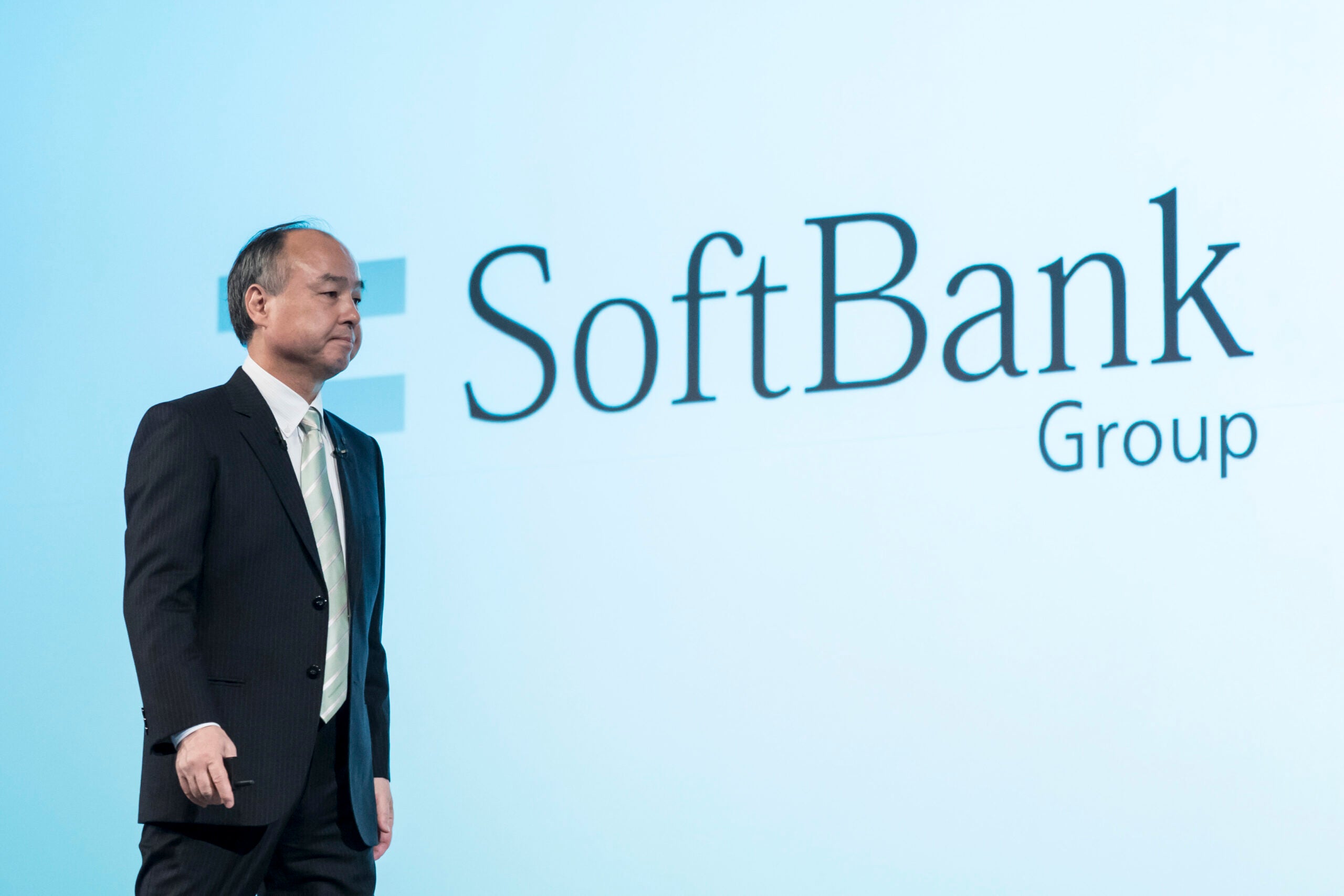
SoftBank’s Vision Fund, one of the world’s most prominent tech investors, has reported a record quarterly loss of 825.1bn yen (US$7.3bn), exceeding the group’s 788.6bn yen loss reported last year during the pandemic. Overall, the Japanese conglomerate suffered a net loss of 397.9bn yen in the three months ended September 30.
The company’s founder and CEO, Son Masayoshi, announced on Monday that the conglomerate would buy back nearly 15% of its shares worth some 1tn yen (US$8.8bn), following the news that the company was now in the red.

Access deeper industry intelligence
Experience unmatched clarity with a single platform that combines unique data, AI, and human expertise.
The hit to Softbank’s Vision Fund was primarily caused by a loss in value of public holdings in Chinese companies, following the country’s crackdown on the tech industry. Loss-making bets for the Tokyo-based fund were driven by, among others, Korean ecommerce giant Coupang and Chinese ride-hailing firm Didi Chuxing.
Coupang’s blockbuster listing two quarters earlier was a significant win for SoftBank. However, this time around, the ecommerce company was responsible for US$6.7bn of the loss.
Chinese ride-hailing app Didi Chuxing also enjoyed a successful US$4.4bn initial public offering (IPO) in New York in June, marking the biggest debut of a Chinese company on Wall Street since Alibaba’s record IPO in 2014.
The company’s glory was, however, short-lived as the Chinese government started an investigation into the ride-hailing app a mere three days after its New York debut, causing its share price to nosedive.

US Tariffs are shifting - will you react or anticipate?
Don’t let policy changes catch you off guard. Stay proactive with real-time data and expert analysis.
By GlobalDataSon had previously compared SoftBank’s performance to a goose laying “golden eggs,” yet, on Monday, the CEO admitted that “we are facing a major blizzard once again.” The billionaire added that he was “not proud” of Vision Fund’s performance in the last quarter. However he promised that the company was on its way to double the numbers of “golden eggs” it would lay, compared to last year.
Son’s Vision Fund has experienced a roller coaster ride of successes and failures since its creation in 2017. The first downturn came in 2019 after American ride-hailing startup Uber made a disappointing public debut. The group also suffered a significant loss following a disastrous entanglement with real estate company WeWork.
However, last fiscal year, the group booked record profits for three consecutive quarters due to a global boost in technology shares. Successful listings for Coupang, Chinese online property platform KE Holdings and US delivery service DoorDash further boosted the company’s profits.
Now, the slump in share prices for some of these companies has led to a record loss for Vision Fund, largely caused by a drop in the valuation of its Chinese portfolio.
The group’s biggest asset, Chinese ecommerce giant Alibaba, saw its valuation tumble by around a third, as the Chinese government continued its squeeze on the tech sector. In May, Alibaba was hit with a record US$2.8bn antitrust fine.
In August, Son said that Vision Fund would hold off investments in China until the extent of Beijing’s clampdown on the sector becomes clear.
GlobalData’s database shows that Vision Fund’s profit from Chinese startups was already slowing down at the time. The conglomerate reported a drop in net profit of 40% in August, caused mainly by smaller gains from the sales of its investment and lack of blockbuster IPOs.
Yet, despite the setback, Son said that he would accelerate investments made by Vision Fund’s sequel fund, which had set aside 15% of its US$33bn in capital to China at the end of September.
Son has famously made some controversial investment choices, most notably WeWork, which suffered a failed IPO and a messy divorce from its co-founder Adam Neuman.
Last year, the fund suffered its first annual loss in 15 years due to WeWork – which markets itself as a “tech” company. The fruitless investment has since been used as a case study exemplifying what not to do when investing.
Son reportedly also made a failed bet on Bitcoin in late 2017, which resulted in a personal loss of over US$130m, according to the Wall Street Journal. Apparently, Son had invested in the cryptocurrency in late 2017, just before the digital coin’s record high in December of that year. However, he decided to sell his Bitcoins during a tip in 2018 after receiving a tip from a “bitcoin evangelist”.
Softbank’s image has also taken other hits. The founder and ex-CEO of challenger bank Monzo, Tom Blomfield, claimed in a blog post that a SoftBank executive picked his feet and smoked during a meeting. Blomfield writes that he encountered this less-than-desirable behaviour when he was pitching for funds for Monzo.
He alleged that “the lead partner took meetings barefoot, and would pick his feet incessantly. During one meeting, he lit a cigarette and smoked it in his office, windows closed. He finally put [it] down in his lunch plate, and poured his coffee over the cigarette to extinguish it.”







